As we get older, staying independent is important. For many seniors in New York, driving remains a key part of daily life—whether it’s a ride to the grocery store, a visit with family, or simply enjoying the freedom of the open road. But renewing a driver’s license changes slightly as we age. In 2025, New York State offers specialized rules, procedures, and support to help seniors renew their licenses smoothly and confidently. This article dives deep—covering eligibility, documentation, vision tests, renewal procedures, medical requirements, alternative transportation options, and more. Our goal? To make renewal clear, stress-free, and empowering.
Who Qualifies as a “Senior”?
Before renewal guidance begins, it’s important to define what we mean by “senior.” In New York State:
-
Anyone aged 63 and older is considered a senior driver by the Department of Motor Vehicles (DMV).
-
That means, from your 63rd birthday onward, renewal procedures follow the age-specific guidelines.
Understanding this age threshold is the first step in the renewal process.
Renewal Timeline and Frequency
Seniors in New York enjoy the convenience of a longer renewal cycle:
-
Standard licenses are renewed every eight years, but for seniors, the cycle changes to five-year renewals.
-
A license expires on your birthday**. For those turning 65+, the expiration is always five years from the date it was issued or last renewed.
-
The DMV typically sends a renewal notification two months prior to the birthday expiration, either by mail or email if that’s how they’ve contacted you before.
Knowing your cycle and expiration date is essential to avoid last-minute stress.
Required Documentation
New York State updates its documentation requirements regularly. In 2025, when renewing your license as a senior, you’ll need:
-
Your current driver’s license (in person or ID number online).
-
Proof of identity, such as a valid passport, birth certificate, or previous REAL ID.
-
Proof of New York State residency, like utility bills, bank statements, or lease/mortgage documents (at least two different ones).
-
Social Security Number proof, such as a Social Security card or W-2 form.
If your name changed since your last license renewal, bring legal documentation (marriage certificate, divorce decree) to support the change.
Vision Test Requirements
Safe driving depends on clear vision, so the DMV requires all senior drivers to pass a vision test:
-
Requires at least 20/40 vision in each eye (with glasses or contacts, if needed).
-
Those unable to meet this standard may still qualify with a Restricted Vision Exemption Form (MV-619). This form must be signed by a qualified vision specialist confirming that restrictions (like corrective lenses) do not impair safe driving.
-
The test may be taken at the DMV or via off-site vision providers authorized by the DMV.
Carrying corrective lenses while driving is mandatory if you passed the test with them.
In-Person vs. Online Renewal Options
New York introduced online renewal in recent years; however, seniors have two options:
Online Renewal
-
Available for seniors aged 63–69, depending on eligibility criteria.
-
Requires that your current license is REAL ID-compliant or you’re not planning to travel by air domestically (REAL ID needed for domestic flights and entering secure federal facilities after May 2025).
-
You must provide updated vision result if you successfully completed it at a DMV-approved provider.
In-Person Renewal
-
Required for seniors 70 and older, or if your license is expired for over one year.
-
Also necessary if your license has non-driver restrictions, certain names changes, or if the DMV requests an in-person renewal.
-
Expect fingerprinting or photo re-capture during your visit.
Check the DMV website for the latest guidelines, because rules may change midyear.
Scheduling a DMV Appointment
DMV offices in 2025 continue to run on an appointment basis:
-
Go to the New York DMV website or call the DMV hotline.
-
Choose a convenient office—some have senior-specific services.
-
Bring all necessary documents and your current license.
-
Plan to arrive at least 15 minutes early; lineups are shorter for appointment holders.
Pro tip: Bring a small snack and water bottle if wait times exceed 30 minutes—it happens.
Medical Report Requirements
The DMV places a high priority on health as a driving factor:
-
Seniors are not routinely required to submit medical reports to renew a standard license.
-
However, if you suffer from conditions like heart disease, diabetes, seizures, stroke, or certain medications that impact driving ability, the DMV may request an attending physician’s statement.
-
Physicians complete form MV‑45EE, summarizing medical fitness to drive.
-
If a medical review is required, the DMV may impose restrictions, request on-road tests, or even refer to the Medical Review Board for a final determination (especially in cases involving balance issues, memory loss, or neurological conditions).
Real ID and Enhanced DL Considerations
In 2025, the REAL ID program governs domestic travel credentials:
-
If your license is not REAL ID-compliant (no star in the corner), you cannot use it for domestic air travel or entering secure federal facilities.
-
Seniors renewing in person have the option to upgrade to REAL ID by providing further documentation: social security proof, birth certificate/passport, and two proofs of New York residency.
-
Additional benefits: REAL ID allows seniors the option to obtain an Enhanced Driver License (EDL), enabling land and sea travel to Canada, Mexico, and some Caribbean nations without a passport.
-
There is a $30 surcharge to upgrade to REAL ID, paid during renewal.
Fees and Cost Breakdown
2025 fees for senior license renewal in New York vary slightly depending on your choices:
-
Standard 5‑year renewal: $64.25
-
Upgrade to REAL ID: + $30
-
Duplicate license (if lost or stolen but still renewing): + $17.25
-
Restricted license fee (if applicable): No extra charge beyond renewal fee.
Payment is accepted via credit/debit cards, money orders, checks, or cash (in person).
Why Not Let Your License Expire?
Driving sans license is illegal, but here’s more:
-
Fines & penalties: Getting caught with an expired license can lead to fines up to $150 and potential license suspension.
-
Insurance lapses: Many insurers consider your coverage void without a valid license.
-
Vehicle issues: Parking tickets, accidents—everything becomes simpler to manage with a properly licensed driver.
Renewing proactively saves trouble later.
If You’re No Longer Driving
It’s okay to stop driving and voluntarily surrender your license:
-
Submit your license to the DMV with a written statement of your wishes.
-
You’ll receive a normal (non-driver) ID card in return.
-
Preserve your mobility by exploring alternative options like seniors ride programs, community vans, taxis, transit passes, or ride-hailing apps.
-
Voluntary surrender doesn’t affect your insurance or penalize you—it’s a clean transition.
Alternative Transportation Options
Living in New York offers many non-driving alternatives:
-
ADA paratransit services: Offered by counties for residents with qualifying disabilities, often very affordable.
-
Public transit: In NYC, MetroCard or OMNY; outside NYC, discounted bus and train passes.
-
Seniors ride programs: Community-based carpooling or volunteer driver networks often free or low-fee.
-
Taxi/ride-hailing with senior discounts: Some companies offer promo rates for seniors.
-
Group transportation: Organizations like churches or YMWCA offer van services for scheduled outings.
Knowing your options can maintain your independence even without driving.
Tips for a Smooth Renewal
A bit of planning ensures a hassle-free process:
-
Check your license issue date: If it’s REAL ID and under eight years old, you may not need full documentation again.
-
Schedule vision tests early: Some optometrists are licensed the same day.
-
Organize documents in advance: Updated utility bills, name-change papers, passports.
-
Book DMV appointments 4–6 weeks ahead in rural areas, 2–3 weeks in urban centers.
-
Arrive early—if you’re late, your slot might be reassigned.
-
Ask about assistive services, such as handicap-accessible counters or printouts in large font.
-
Talk openly with the DMV staff if you have concerns—they’re trained to help older adults through the process.
What to Expect at the DMV
Here’s how a senior’s renewal appointment usually plays out:
-
Check-in: Show appointment confirmation and documents.
-
Vision test: Either in the office or using DMV-approved equipment (with glasses if needed).
-
Photo & fingerprint: You’ll be asked to remove hats, and your fingerprints will be captured.
-
Document review & upgrade options: Staff review proof and offer REAL ID or standard renewal.
-
Payment: Pay fees—bring cards or money order.
-
Temporary license: Valid until your new card arrives via mail within 10 days.
Total time: 30–45 minutes, depending on DMV flow.
After Renewal—Staying Safe on the Road
Once your license is renewed:
-
Vision: Make eye checkups a habit—yearly if wearing glasses.
-
Health: Get regular checkups—especially for medications or conditions affecting memory or reflexes.
-
Driving skills: Consider senior driving refresher courses, widely offered by AARP, AAA, or local community centers.
-
Car modifications: Simple adaptations (grab bars, high-seat cushions, pedal extenders) can boost safety and comfort.
-
Defensive driving: Stay alert for pedestrians, bikes, and other drivers who may be unpredictable.
Special Considerations for Rural and Urban Seniors
Renewals and driving look different depending on where you live:
Urban Life
-
Pros: More public transit, senior ride services, walkable neighborhoods.
-
Cons: Tight parking, heavy traffic, dense pedestrian areas.
Rural Life
-
Pros: Easy parking, fewer traffic signals, peaceful roads.
-
Cons: Fewer alternatives to driving, longer hospital or shopping trips.
Customize your approach. Rural seniors should prioritize full license validity, urban seniors might lean into alternatives if driving becomes challenging.
Planning for the Future
Thinking ahead helps maintain independence and comfort:
-
Set renewal reminders based on your birthday.
-
Monitor vision and health yearly, not just at license time.
-
Stay informed about evolving DMV rules—REAL ID deadlines and policy updates are ongoing.
-
Stay connected with your community to learn about senior transport offerings as they launch or expand.
-
Consider downsizing your vehicle to something easier to handle as stamina or mobility change.
A proactive attitude ensures you stay safe and confident behind the wheel—on your terms.
Conclusion
Renewing a driver’s license as a senior in New York may sound daunting at first, but it becomes an organized, manageable process once you know what to expect. Between the five‑year renewal cycle, vision testing, possible upgrades to REAL ID, and potential health-related reviews, there’s a bit to prepare—but not nearly as much as you might think. With the right documents, treatment of health and vision, and support from family, community, or DMV staff, your license renewal can be a smooth step toward continued independence.
Most importantly, whether you choose to keep driving or not, New York State offers a wealth of options to help seniors stay mobile. From transit system access to ride programs, you’re never truly grounded—just choosing a better way to get where you want to go. So mark your calendar, gather your documents, and renew with confidence in 2025. Your journey doesn’t end at renewal day—it continues, safe, supported, and on your own terms.

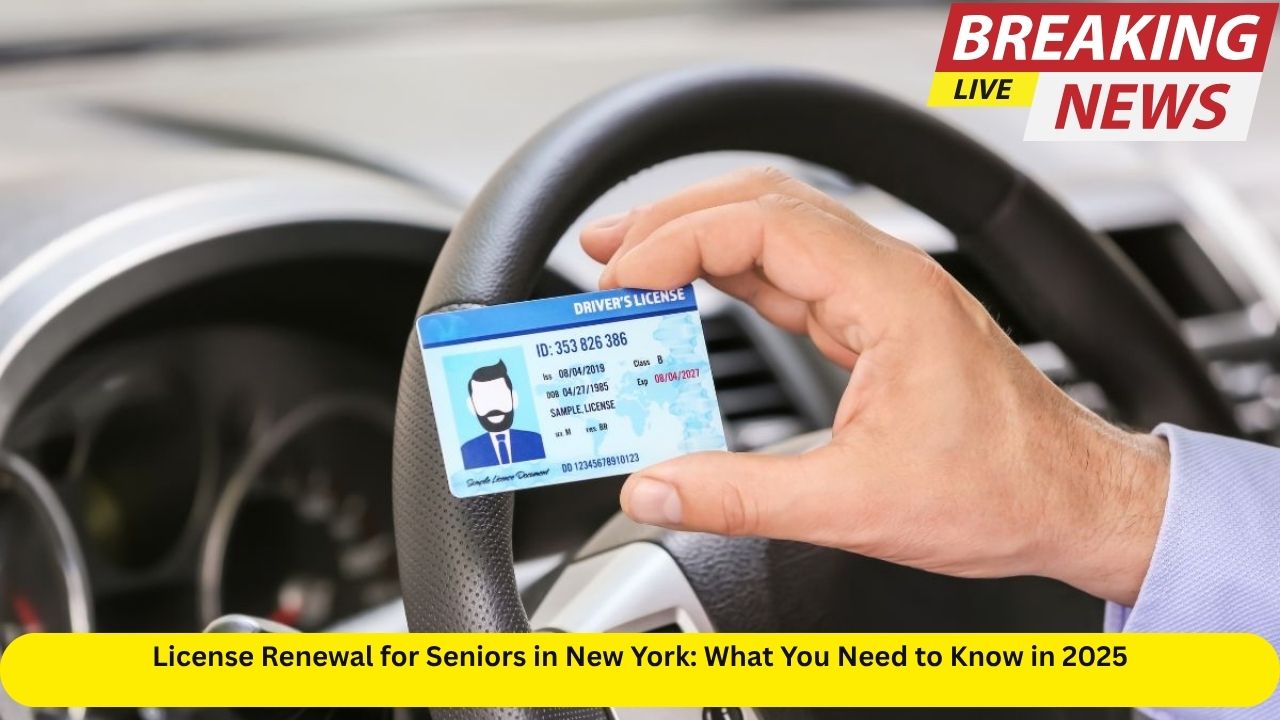


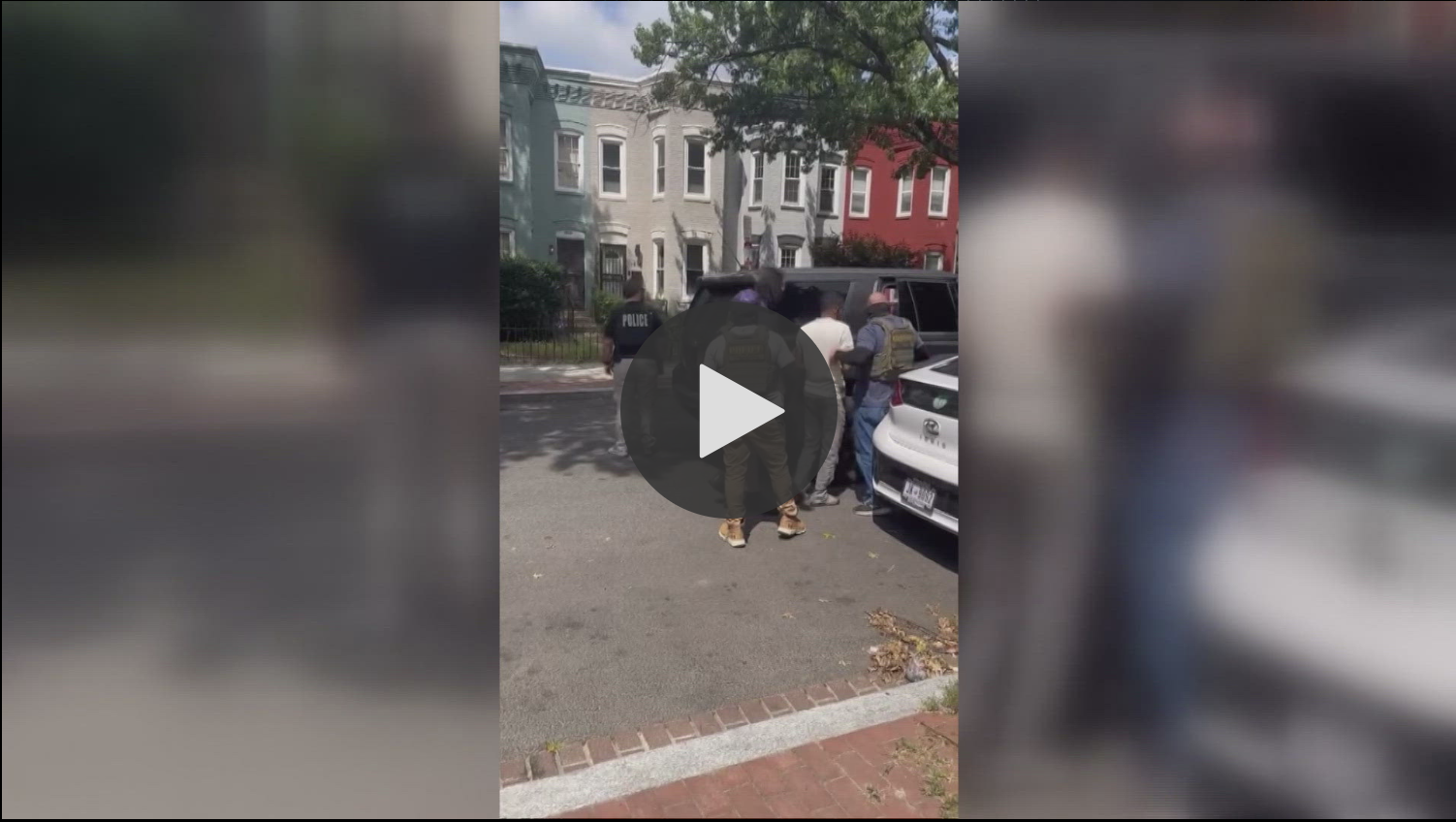
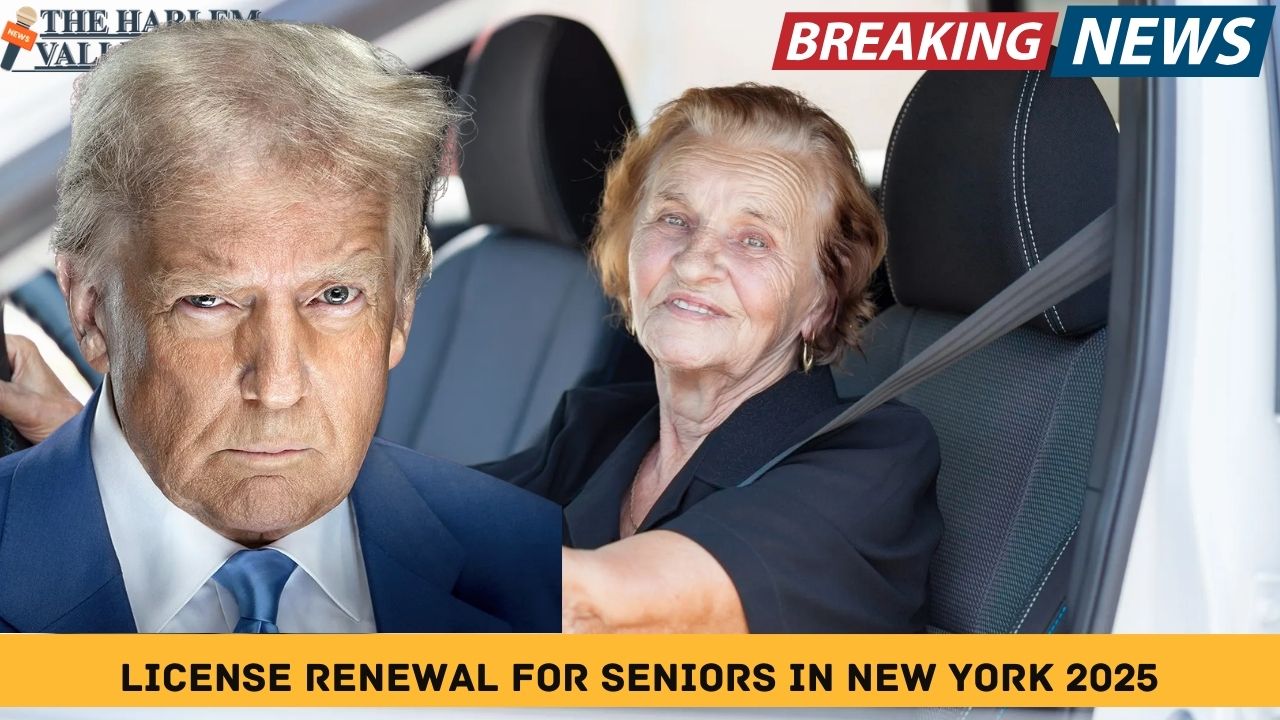







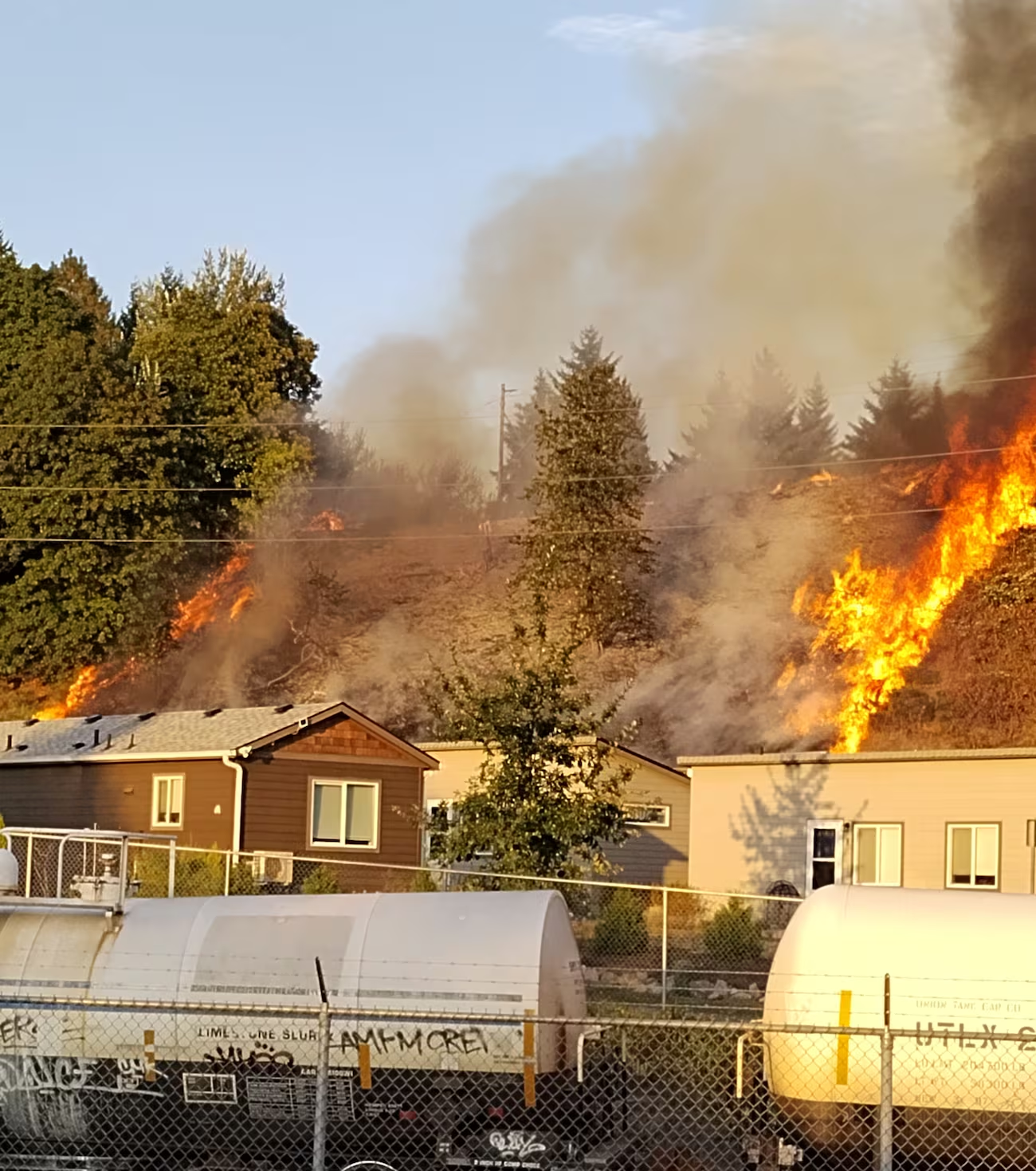

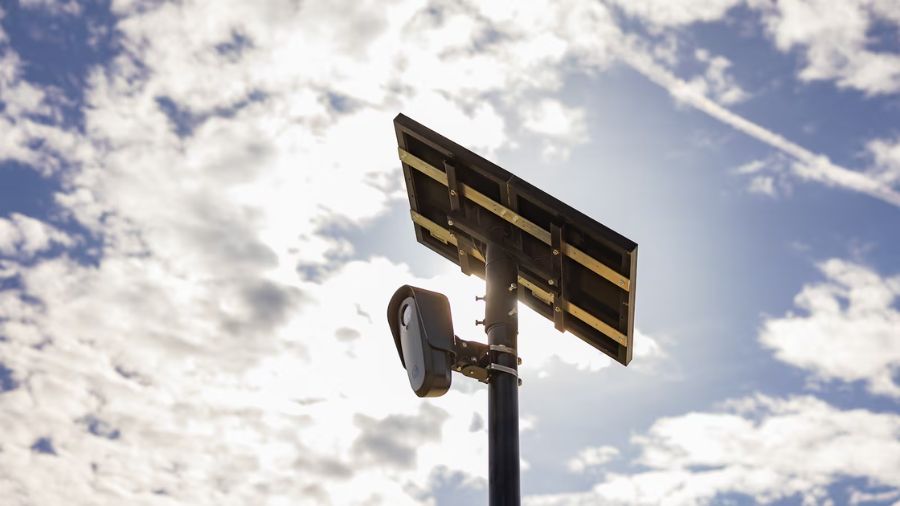
Leave a Reply